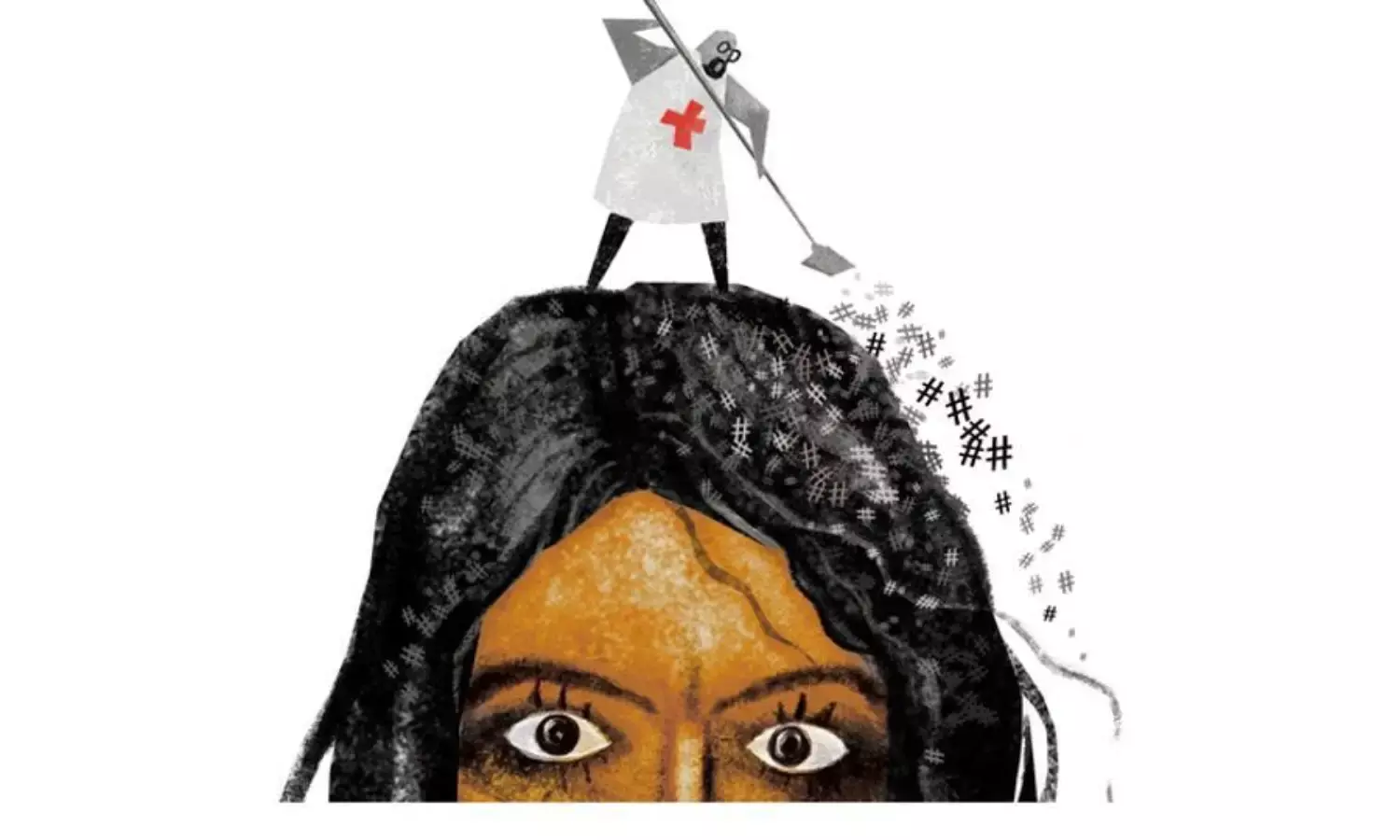Trolls Target Women: Dealing with Online Violence
'They fear opinionated women. And they are petrified of facts.'

The internet has given us the freedom to speak our mind, although we always had this freedom, and with the introduction of “social” media we have been given platforms where a huge number of people can hear us. In this context, paradoxically, harassment has become a huge issue.
Online harassers tend to target people who think a little differently from the prevailing traditional mindset. One such section comprises feminist activists: feminist activists have always been targeted by social media bullies and perhaps this is especially the case in India.
The Citizen spoke with one such activist, Asmita Ghosh, a writer for Feminism In India. Ghosh says such harassment or trolling usually happens when women speak on certain issues.
“In my experience, and from the experiences of several other women that we surveyed in our Digital Hifazat report, women that are vocal online, especially on topics that have been traditionally relegated to ‘male expertise’ like religion or politics, or about women’s experiences, including those of sexuality, menstruation, or speaking out about patriarchy, are subjected to a vicious form of trolling, usually from self-identified right-wing accounts on Twitter,” says Ghosh.
Such trolling is increasing by the day and the attacks are typically coordinated. “I have found that once one or two social media accounts take notice of your tweet, it begins to get communicated within networks and an entire horde arrives to hurl abuse,” Ghosh says.
According to Vijaita Singh, a journalist with The Hindu, “They fear opinionated women. These are professionals hired to target journalists, especially women. They have a tag for everyone who doesn’t agree with them.”
What recourse do the targets of such harassment have? Singh shares the story of a time she tried to complain. “I registered an FIR against one such abusive tweet in 2017 – needless to say, nothing has moved. The police officer investigating the case had no idea how Twitter works. He told me ‘why do you feel so bad?’ I had to tell him that if someone says something while I am on the road, will it not amount to molestation?
“To date I haven’t heard anything back from the police.”
Ghosh emphasises that “the motive is definitely political. It is to silence and harm voices that criticise the status quo, especially the dominant political ideology of the time. This is amplified when it’s women doing the speaking, since this doubly enrages them. Not only is it a ‘wrong’ political opinion, it is one made by a gender that ought to shut their mouths and stay subservient!
“Apart from rape and death threats, which is the most vicious form of online trolling, trolling against women usually takes the form of diminishing their intellectual ability or expertise.“
Social media bullying takes a toll on the victims: it’s hard to handle so much hate directed at you. Says Ghosh, “Even when one may think they can remain unaffected by this trolling, or ignore it, it definitely takes a toll on your mental health to be inundated with hundreds of troll messages every single time you open your profile. A friend once told me this great hack in Twitter: to mute notifications from people you do not follow. This worked wonders for my mental health!”
Once the police proved no help, Singh had to deal with these harassers herself. “Initially, it did affect me, but now I have become immune to such attacks. The only way to deal with these professional trolls is to slap them with facts. They are petrified of facts – it’s a different story that they have little respect for them!”
The Digital Hifazat report was a survey of 500 women and people of other marginalised genders. 57% of the respondents said they had faced cyber violence. Feminism, politics and religion were most likely to invite targeted trolling.
Abuse, hate speech and derogatory comments were the most common form of trolling. Most of the people targeted either blocked the trolls or reported them, to little effect.
The most common effects of trolling were self-censorship and mental health issues. Almost all the cyber violence was perpetrated by men.



